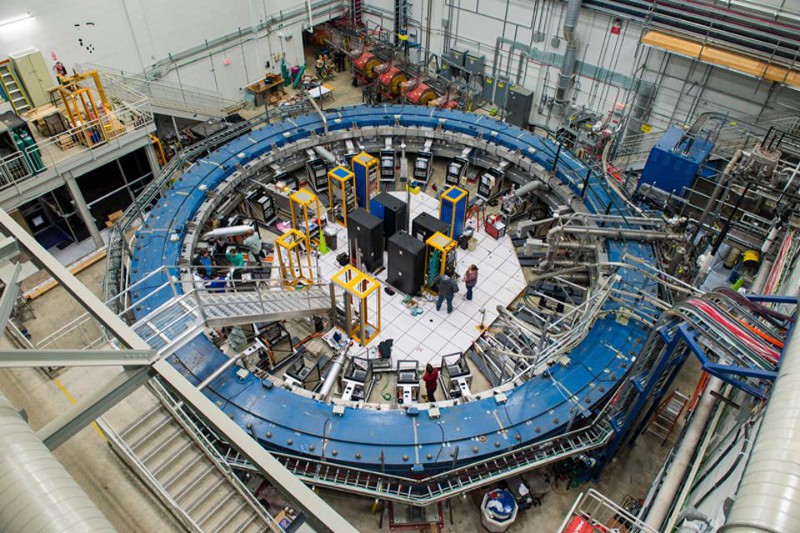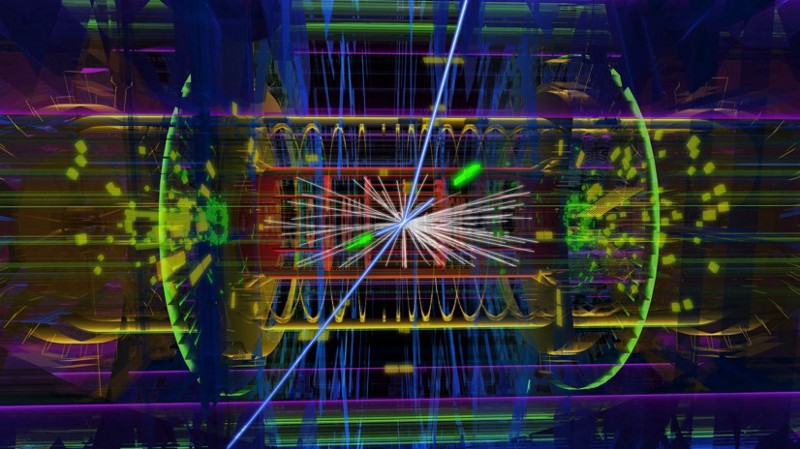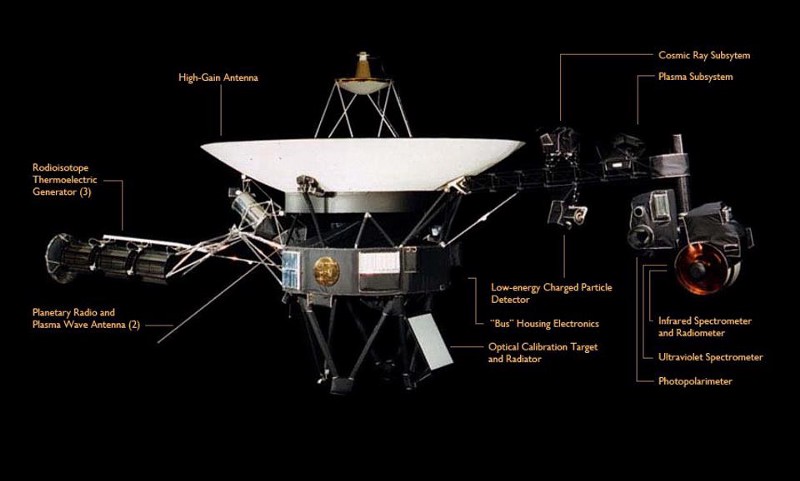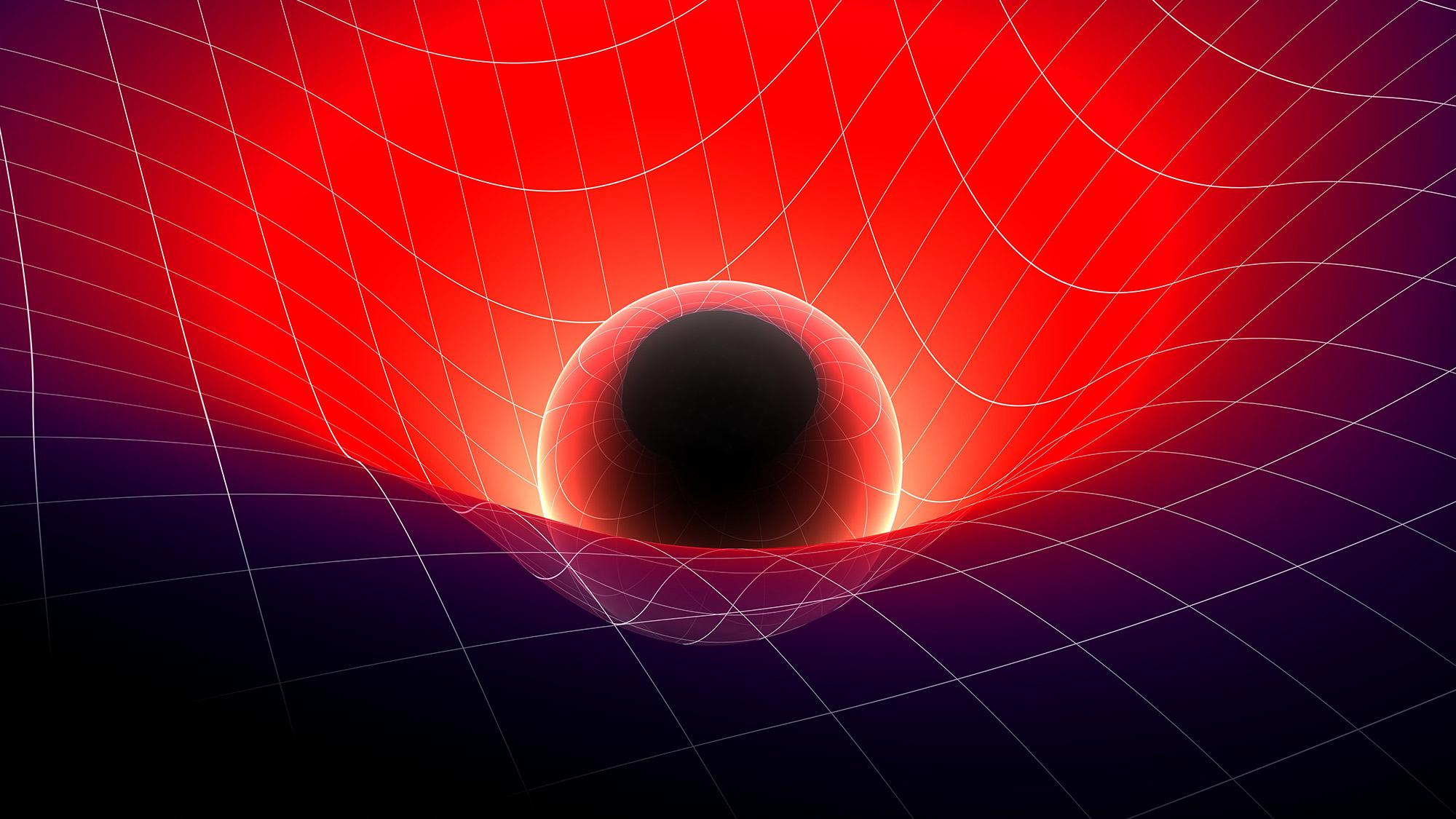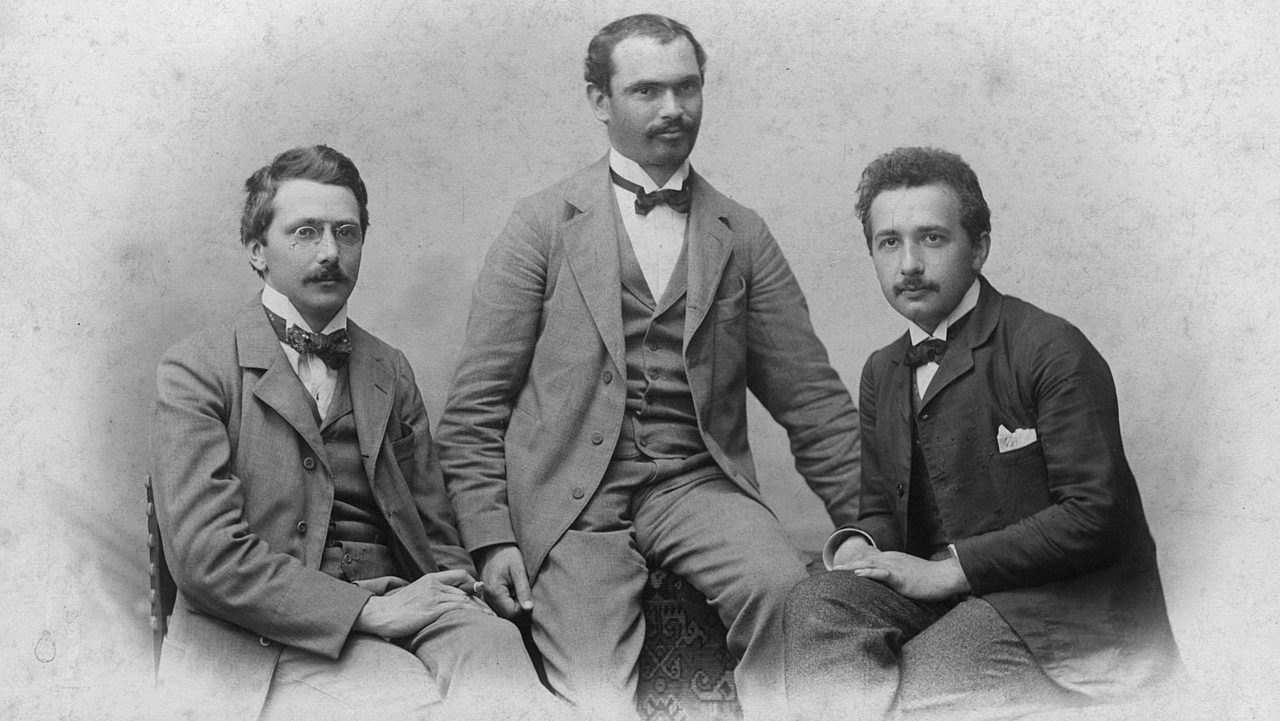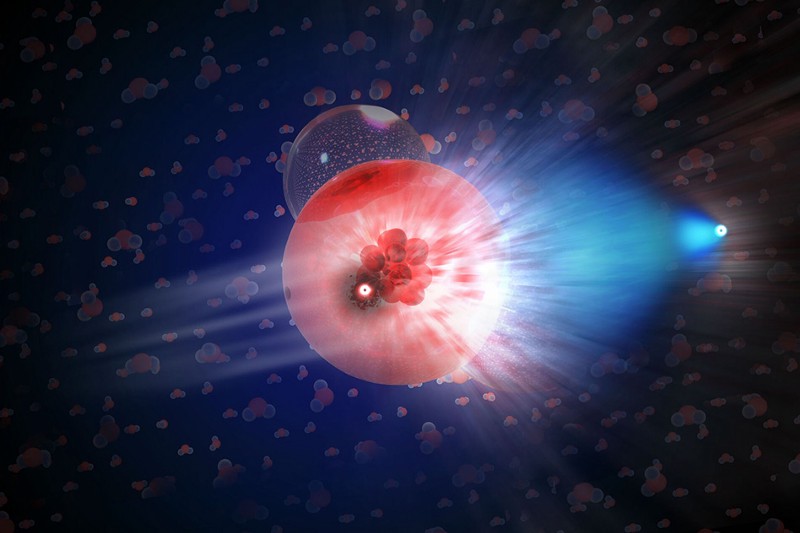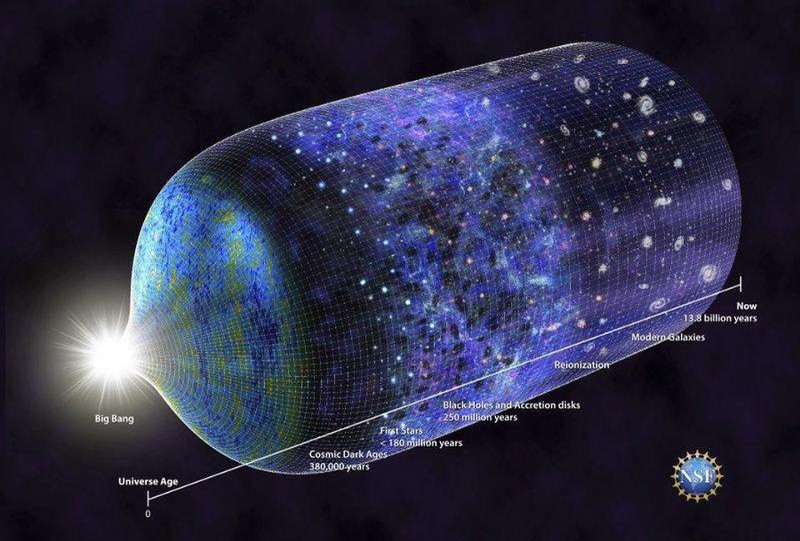The Big Theoretical Physics Problem At The Center Of The ‘Muon g-2’ Puzzle In early April, 2021, the experimental physics community announced an enormous victory: they had measured the muon’s magnetic […]
Search Results
You searched for: energy
It doesn’t have to be a science-fiction dream. For as long as human beings have been watching the night sky, we’ve dreamed of visiting other worlds and truly seeing what’s […]
Once numbering just 27 birds, the global population of California condors is now in the hundreds.
Developing an awareness of and an appreciation for science is what we all truly need, not what we’ve been doing.
We still don’t know how the information encoded onto it gets out. No matter what you do in the Universe, its overall entropy always increases. Even when we put things in […]
Device for harnessing terahertz radiation might enable self-powering implants, cellphones, other portable electronics.
CERN’s bold new proposal has physicists confronting the biggest question of all: is building a new collider worth it? If you want to discover anything novel about the natural, physical […]
As long as it remains operational, we’ll have a chance to conduct groundbreaking science with it. In the history of spaceflight, only five spacecraft ever launched by humanity possess enough energy […]
Quantum physics just keeps getting weirder, even as it gets more fascinating. “Is it a wave or is it a particle?” Never has such a simple question had such a […]
More than any other nation, Japan tends to feel comfortable with the idea of humanoid robots entering the home.
If we want our conclusions to be meaningful, our data had better be robust. When it comes to the Universe, there’s a whole lot that doesn’t add up. All the matter […]
Six visionary science fiction authors on the social impact of their work.
A new study from Iceland confirms that a shorter workweek improves productivity.
Life arose on Earth very early on. After a few billion years, here we are: intelligent and technologically advanced. Where’s everyone else?
Apple sold its first iPod in 2001, and six years later it introduced the iPhone, which ushered in a new era of personal technology.
Albert Einstein and his theory of general relativity continue to amaze us to this day.
With its very first deep-field view of the Universe now released, the James Webb Space Telescope has shown us our cosmos as never before.
From hellishly hot planets to water worlds, some distant planets are like nothing in our Solar System.
Even the most brilliant mind in history couldn’t have achieved all he did without significant help from the minds of others.
Researchers from Harvard receive permission for a test that may help cool Earth and fight global warming.
The latest gravitational wave data from LIGO and Virgo finally shows us the truth: there are no “gaps” in the masses of black holes.
Just because you have “star” in your name doesn’t mean you are one. When we think about the objects in our Universe, they fall into two categories: self-luminous objects, like stars, […]
The Standard Model and General Relativity can’t be all there is. But how will we discover what lies beyond them? One of the biggest problems with physics is that, apart from […]
It wasn’t the birth of space and time. But it was truly essential to our cosmic story. For more than 50 years, we’ve had definitive scientific evidence that our Universe, as […]
About the project The goal of driving more progress across the world—scientifically, politically, economically, socially, etc—is one shared by many. And yet, debates about the best way to maximize progress […]
If our goal is to effect the greatest possible progress, what would it look like to approach this holistically? What might need to dispositionaly in how we approach solving our most important problems—at an individual level, a community level, or at a civilizational or global one? We asked our experts to think big picture about how what new thinking would be required to create a larger pro-progress framework.
One of the fundamental questions for those studying and advocating progress is around understanding what variables can move the needle for the type of progress that you might want to see in the world. It’s a key focus of the “progress studies” discipline and a question that has received increased attention from academics and public intellectuals in recent years.
Contrary to what some might think, the brain is a very plastic organ.
A colliding star may have triggered the drastic transformation.
Researchers create a device to test a 50-year-old physics theory from the famed Roger Penrose.
